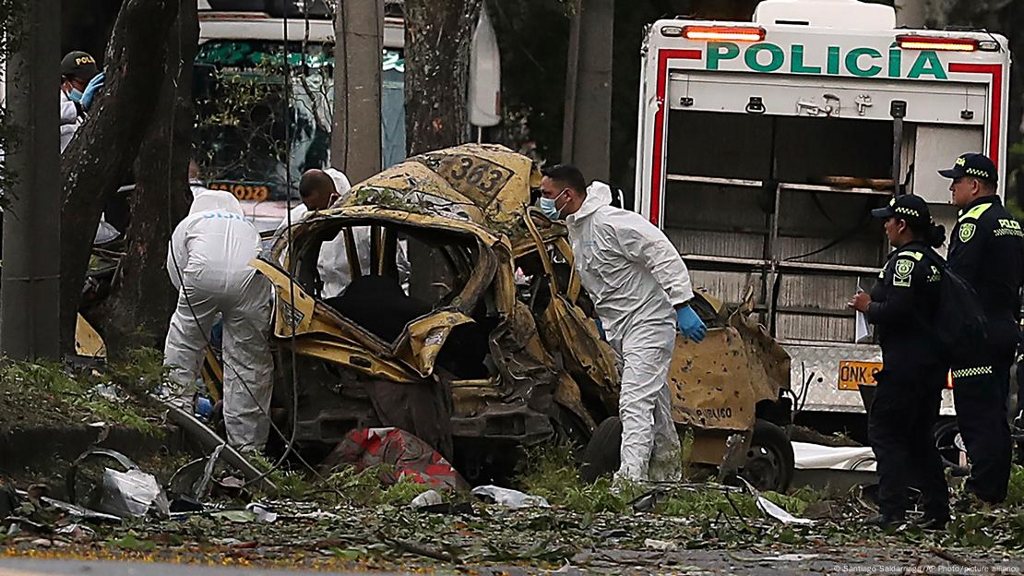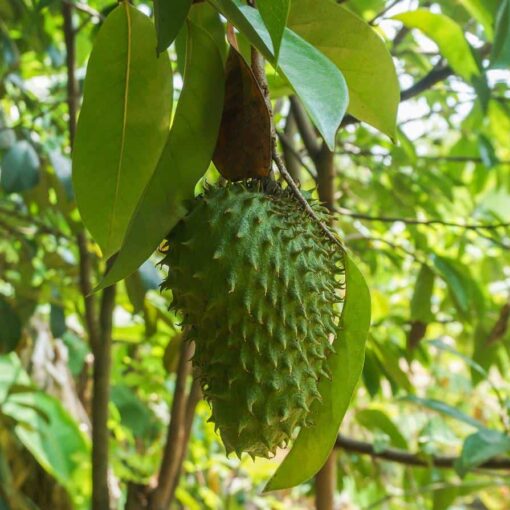Q24N — Nicaraguans living in the United States remain essential to keeping Nicaragua’s economy afloat, especially under President Daniel Ortega’s government. Money sent home by migrants has hit record highs, providing crucial support to families and playing a big part in maintaining the country’s economic stability.
But this positive story comes with risks. There’s no guarantee these financial lifelines will stay steady. Changes in U.S. immigration rules, economic downturns, or political unrest could disrupt remittances, threatening Nicaragua’s delicate economic balance. These potential challenges call for a cautious outlook on the future of this vital income source.
The Nicaraguan economy leans heavily on remittances from citizens abroad, particularly those in the United States. According to the Central Bank of Nicaragua (BCN), money sent by migrants kept growing rapidly during the first four months of 2025.
Official figures show Nicaragua received US$1.94 billion in remittances during those months— a 22.2% jump from the same period last year. This highlights just how important migrants are to the country’s economic health.
The BCN report points out that most of this money comes from the United States. In fact, 84% of the total remittances—around US$1.63 billion—arrived from Nicaraguans living there. This heavy reliance exposes the economy to risks, especially if U.S. immigration policies or job conditions change.
The remittances don’t just help families survive; they flood the national financial system with cash, boosting consumer spending and supporting the balance of payments. In 2024, remittances totaled US$5.24 billion, making up 26.62% of Nicaragua’s Gross Domestic Product (GDP), showing just how dependent the country is on this money.
Looking ahead, though, the future isn’t certain.
The flow of remittances faces threats, such as a possible 3.5% tax on money transfers proposed by the U.S. Congress and rising deportations. On top of that, the cancellation of “humanitarian parole” status for some migrants could make it harder for thousands to send money home regularly.
This situation leaves many Nicaraguan households economically vulnerable, relying on foreign immigration policies beyond their control.
Under Ortega’s administration, Nicaragua’s economy seems more and more tied to the sacrifices and fortunes of its migrant community abroad.
Source link
Rico



